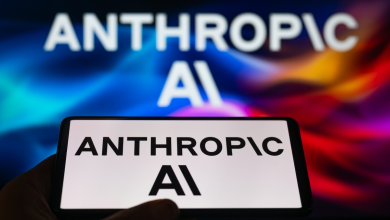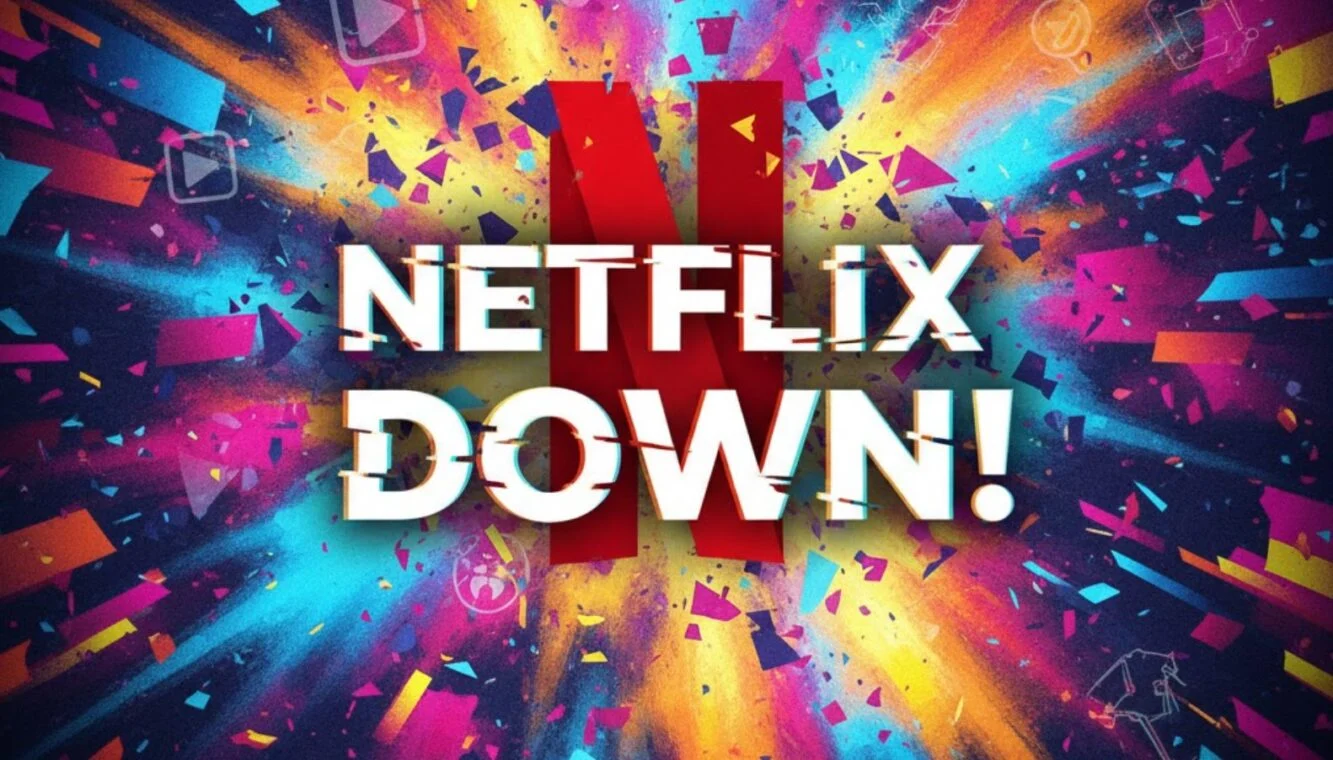Infosys co-founder and chairman Nandan Nilekani to Microsoft CEO Satya Nadella: I know you met Prime Minister Modi yesterday, and …

Microsoft CEO Satya Nadella has announced the company’s plans to invest $3 billion in India in cloud and AI infrastructure, including setting up new data centres over the next two years. The $3 billion additional investment in India is said to be Microsoft’s single-largest regional expansion. During his India visit, Nadella also had an interaction with Infosys co-founder and chairman Nandan Nilekani in Bengaluru on the sidelines of an event where Microsoft announced fresh investments in the country and met partners as well as customers.
The two leaders spoke about various issues, including India’s role in AI innovation, the increasingly critical role AI will play in the global economy, human capital and AI, and more. Nilekani said that India will be the use case capital of the world, while Nadella outlined the impact created by some of India’s leading startups and enterprises building out the use cases with AI.
“India knows the game well.”
Regarding his meeting with Prime Minister Narendra Modi, Nadella said, “I had a chance to meet Prime Minister Modiji yesterday, and it was fantastic. It’s great to listen to his vision of how he wants to drive AI missions. It’s the combination of the Yojanas (schemes), the India Stack, the entrepreneurial energy in this country, and the demographics on both the consumer and business sides that are all coming together in a virtuous cycle,” Nadella said.
To this, Nilekani said, “We have very savvy political leadership. I know you met Prime Minister Modi yesterday, and they understand that we must strike the right balance between AI innovation and safeguards. In some parts of the world, they put safeguards first without worrying about innovation. We know the right balance between responsible AI and innovation.”
Responding to Microsoft CEO Nadella’s question on contextualising AI adoption in India, Nilekani said, “I think India will be the use case capital of AI in the world. We have several things working for us. We have 15 years of experience building population-scale digital infrastructure, making it cheaper and allowing for high-volume, billions of transactions. We know that game well.”
Giving an example of UPI, Infosys chairman Nilekani said that Indians quickly adapt and accept new technology. “UPI was launched about seven years ago, and now there are 400 million users and 16 billion monthly transactions. It’s unbelievable that this can happen. AI is at that spot, and we must make it work. For example, if you look at Aadhaar authentications, they are all AI-based because we have to do liveness detection for biometrics so people don’t spoof it. It’s all AI-based. Look at our tax systems; the back end is all AI figuring out who’s committing fraud. That’s why tax revenues are going up,” he said.
“Infrastructure today needs to be thought of differently from traditional ways.”
Emphasising the advances in AI and the increasingly critical role it will play in the economy, Nadella said infrastructure today needs to be thought of differently from the traditional ways. “With infrastructure, there’s a new formula for any country or company. I think of that formula as tokens per dollar per watt. Fundamentally, their (country or company) growth depends on how efficiently they can drive that equation,” he said.
When asked about his advice for global CEOs, Nadella said, “Change management is the hard thing.” “At Microsoft, for instance, the efficiency gains in various functions—customer service, internal IT, and others—all show double-digit improvements. These improvements directly influence budgetary decisions. From a CEO’s perspective, this translates to setting specific targets, such as 10 or 300 basis points of operating leverage for the upcoming year, with a five-year compound growth plan. Thanks to capital markets, what they expect of CEOs is miracles every 90 days,” he said.




